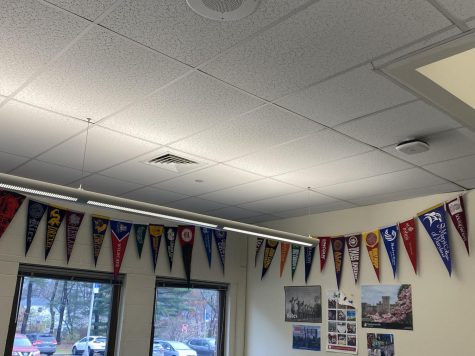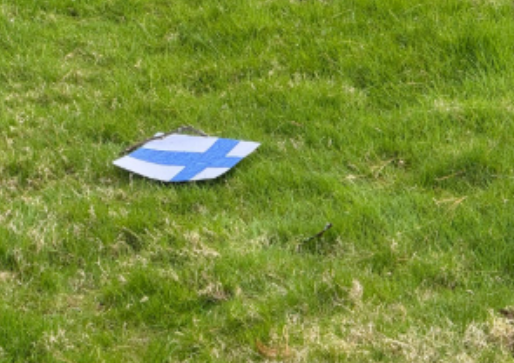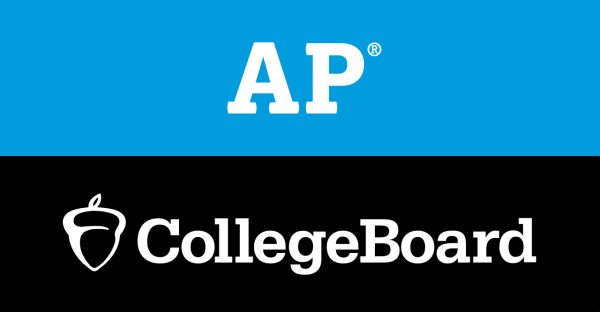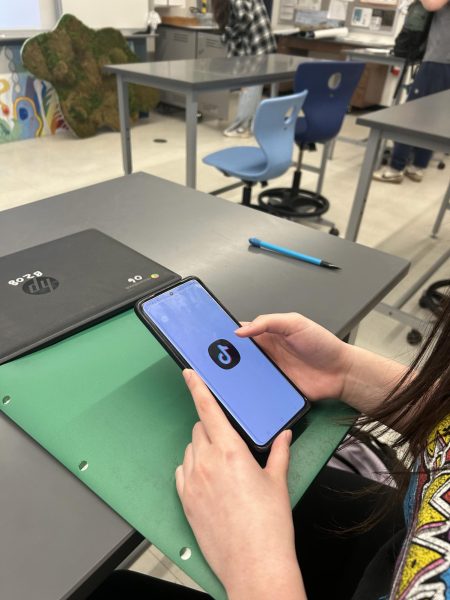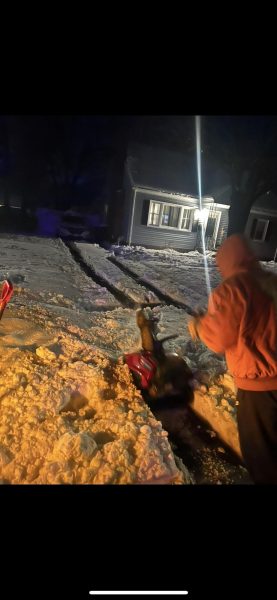Unawareness on HBCUs
Many Juniors and Seniors ask, “What is an HBCU?” Historically Black Colleges or Universities are institutions that were initially made in the 1800’s to educate people of color, but it’s for everybody as of today.
HBCUs, short for Historically Black Colleges and Universities. They are institutions that educate people of color. There are about 105 four-year HBCUs out of the 2,832 colleges in the U.S. Morehouse, Spelman, North Carolina A&T, and Howard are some of the top HBCUs in the U.S today. HBCUs are academically and physically no different from any popular college you might know.
They were created back in the 1850’s, legal segregation prevented black people from attending higher education. Cheyney was the first HBCU to open in 1837, and other HBCUs followed. A great number of historical leaders and popular leaders today set forth from HBCUs. Martin Luther King, Spike Lee, and Samuel L. Jackson attended Morehouse, Oprah Winfrey attended Tennessee State University, Toni Morrison and Phylicia Rashad attended Howard.
Two black seniors attending Hall High School were interviewed. The following questions were asked: What grade are you in? What is your race? Do you know what an HBCU is? One student said yes to the final question, while the other asked what the acronym was. One in two students of the black race interviewed at hall high school didn’t know what an HBCU was.
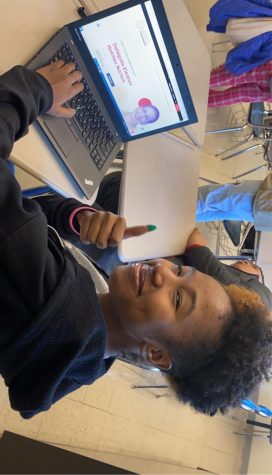
A writer/story publisher by the name of Aysia C. wrote on an ongoing issue surrounding the unawareness of HBCUs. In her post titled: My College Friends Didn’t Know What an HBCU Was, she begins to talk about the lack of knowledge around HBCUs in America. In the article she says, “I was in a conversation with some of my American college friends. I forget exactly what the conversation was about, but at some point, I said the acronym “HBCU.” Not long after, one of my friends stopped me and asked what it meant,” This article is based on why HBCUs should be understood globally, and how the experience impacted her.
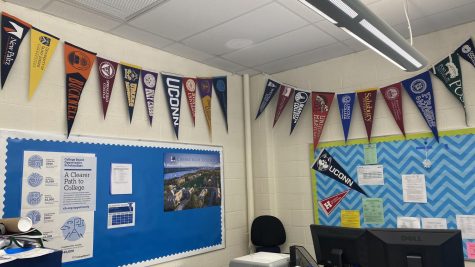
Justin Rivera, a student counselor intern at Hall High School was recently interviewed on the topic and said, “I push for kids to attend them more because I couldn’t go to one and because anybody can go now,” Mr.Rivera never got a chance to attend an HBCU because it wasn’t until senior year halfway through the college applications that he found out about HBCUs. It circles back to the problem of students not being aware of HBCUs.
It seems there’s a lack of knowledge amongst people of color towards Historically Black Colleges. This generates problems locally in Hall High School and abroad. The lack of knowledge around HBCUs could produce loss of potentially great opportunities, missed out potential callings, and missed reasonable cost education opportunities. Students should know about HBCUs before making their final decision for college.
